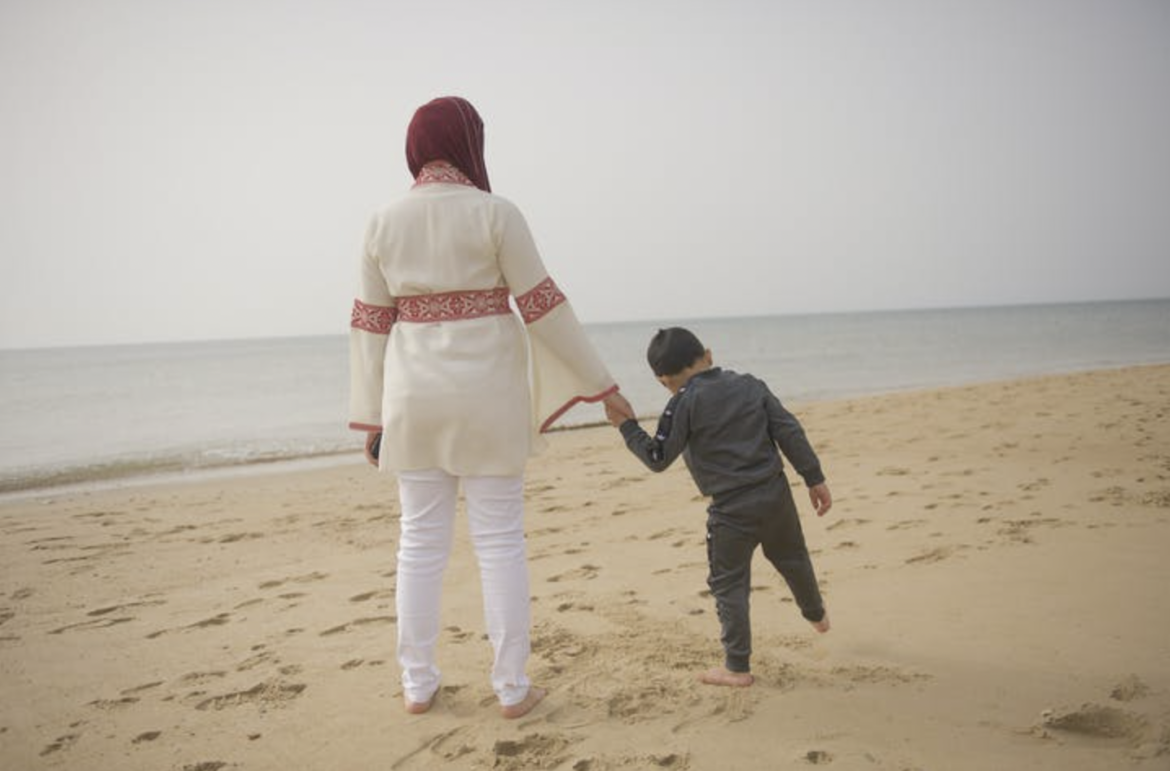RECREATE Dorset used community foundation funding for its Seeking Refuge project, which provides supportive social opportunities for refugees to isolation and loneliness and connect them with the wider community.
It offers refugees a range of creative and practical workshops where language will not be a barrier to participation, with the outcome to reduce the isolation and loneliness that many refugees deal with each day.
The workshops will provide a drop in space, giving a regular social and creative meeting place, acting as a point for exchange and dialogue, skill sharing and confidence building.
The group plans to involve the project in showcases and festivals and other events to promote the aims of the project and spread the word to encourage people to sign up to the programme. The project took part in the Increase the Peace Festival in Meyrick Park, Bournemouth, last August, showing photographs produced for a Seeking Refuge exhibition. Several of the refugees who had taken part in the exhibition and project attended the event to talk about the proposals for the future programme.
Each year the BCP Council region gives protection and resettlement to displaced people, who largely come from Kurdish, Iranian, Syrian and Afghani communities – and now Ukrainians as well.
The time to settle and find sanctuary under ‘normal’ circumstances can be a huge battle for many of the refugees, many of whom have been separated from their friends and families, may have lost members of their family or may have had no contact with those they left behind.
This creates added layers of trauma and isolation for this fragile, marginalised and vulnerable community. For those refugees recently or still hoping to settle in Dorset, the COVID pandemic has also brought a further layer of trauma and ordeal to their already disrupted lives.
Due to a lack of good language skills many of the refugees and asylum seekers have become even more isolated and their loneliness has become a chronic situation. Because of the pandemic, many of them have been unable to leave their homes or continue to attend classes, improve their English or just do the simple things like meeting with their friends or members of their network.

